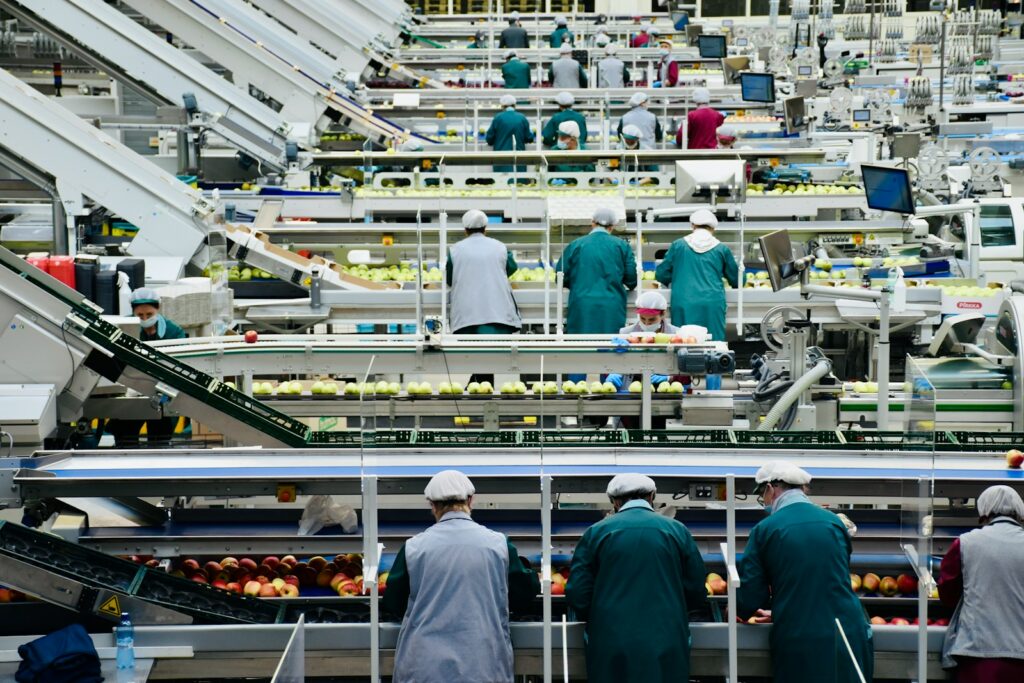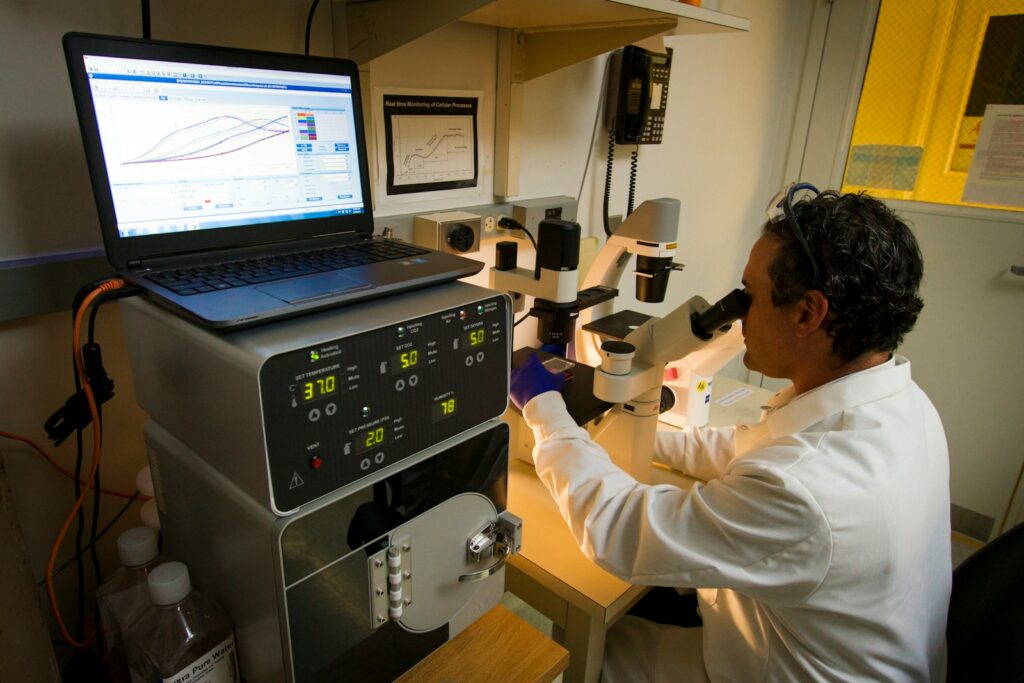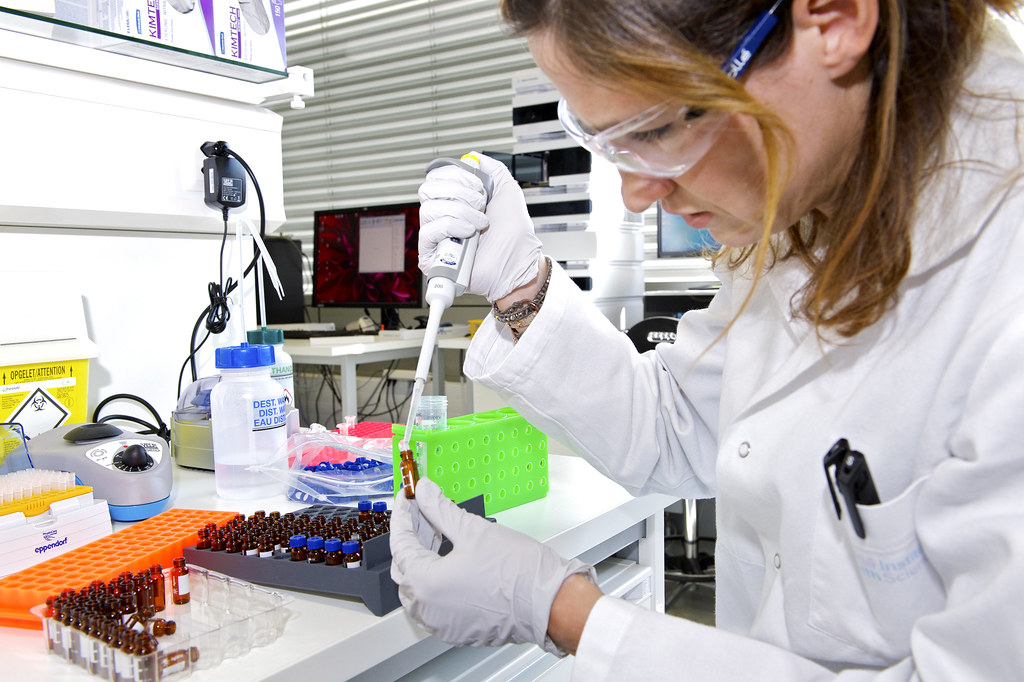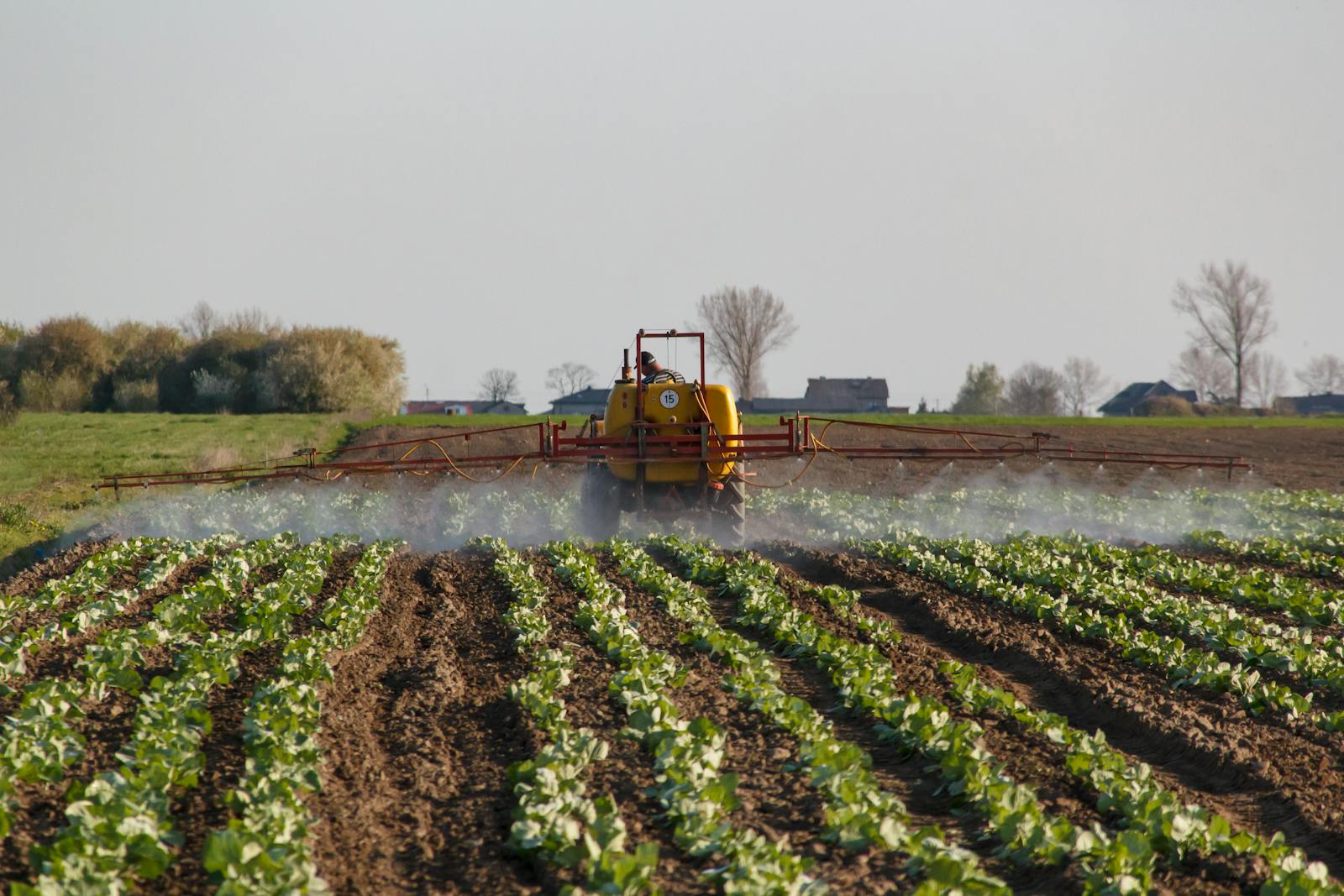Overview of food regulations in the EU
Food placed on the European market must comply with one of the world’s most stringent regulatory systems. The European Union has established a comprehensive legal framework to ensure that food is safe, traceable, and properly labelled. From additives and enzymes to flavorings and novel foods, every ingredient undergoes a rigorous risk assessment before authorization.
For companies developing innovative products, understanding this system is essential to avoid delays, non-compliance, or costly reformulations.

Why food regulation matters
Food law in Europe is designed to protect consumer health, guarantee fair trade practices, and support innovation without compromising safety. Regulations ensure that:
- Consumers are not exposed to hazardous substances.
- Additives, enzymes, and flavorings are assessed for toxicology, genotoxicity, and exposure risks.
- Companies can demonstrate compliance with transparent and auditable data.
In practice, a solid understanding of EU food regulations is a strategic advantage for any food or biotech company aiming to succeed on the European market.

Main Regulatory Frameworks
Several key regulations structure the EU’s food law. Each addresses a specific category of substances or risks:
Regulation (EC) No. 1333/2008 – Additives
Covers all food additives (colorants, preservatives, sweeteners). Additives must appear on a positive list and undergo EFSA’s scientific risk assessment before approval.
Regulation (EC) No. 1334/2008 – Flavorings
Defines requirements for natural and artificial flavorings used in food products. Authorizations are based on toxicological safety and consumer exposure.
Regulation (EC) No. 1332/2008 – Enzymes
Recognises the increasing role of food enzymes in processing. All enzymes must be evaluated for safety, technological need, and consumer protection.
Regulation (EU) 2015/2283 – Novel Foods
Applies to foods not significantly consumed in the EU before May 1997 (e.g., insects, new protein sources, plant extracts). Each novel food requires individual authorization based on EFSA’s evaluation.
Regulation (EC) No. 1881/2006 – Contaminants & Residues
Sets maximum levels for contaminants (heavy metals, mycotoxins, dioxins, pesticide residues) in food products.
Regulatory Process & EFSA Role
The European Food Safety Authority (EFSA) plays a central role in evaluating safety dossiers submitted by companies. The process typically involves:
- Submission of a technical dossier including toxicological and genotoxicity data.
- EFSA’s scientific opinion on safety and exposure.
- Authorization by the European Commission and inclusion on the Union list of approved substances.
This process ensures transparency and builds consumer trust across the EU.
Risk Assessment Criteria
Each regulatory submission is assessed on three main pillars:
- Toxicology: Identifying any harmful effects from long-term or high-dose exposure.
- Genotoxicity: Determining whether a substance can damage DNA, cause mutations, or increase cancer risk.
- Exposure Assessment: Estimating how much of the substance consumers are likely to ingest daily.
For additives, enzymes, and flavorings, negative genotoxicity data are critical for approval.

Future Perspectives on Food Law
Food law in Europe continues to evolve to address:
- Sustainable innovation (plant-based proteins, cultured meat, insects).
- Transparency and clean label demands from consumers.
- Advanced risk assessment tools such as in vitro toxicology and new approach methodologies (NAMs).
- Climate resilience and the safety of novel food chains.
Companies will increasingly need to balance innovation speed with regulatory readiness.
The Role of GenEvolutioN in Regulatory Compliance
At GenEvolutioN, we support food and biotech companies in navigating this complex regulatory landscape. Our expertise includes:
- In vitro toxicology & genotoxicity testing (GLP-compliant) aligned with EFSA requirements.
- Development of robust, regulator-ready data packages.
- Tailored strategies for additives, enzymes, flavorings, and novel foods.
- Risk assessment insights that go beyond data to inform decision-making.
By combining scientific excellence with regulatory expertise, GenEvolutioN helps companies secure compliance, accelerate innovation, and build consumer trust.

